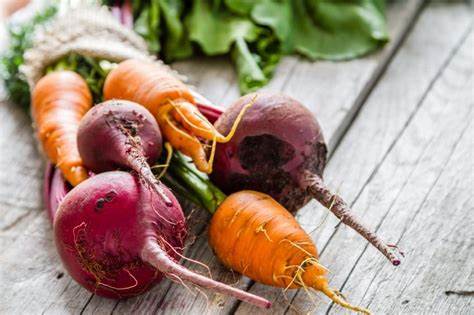Winter is one of the most important seasons in India. It is a part of the four seasons that occur in India. Winters are the coolest season that starts from December and lasts till March. The peak time when winter is experienced the most is in December and January. In India, winters hold great importance. In addition, the essence it has is admired by many people. Winters give you the time to indulge in various activities like snowball fighting, building snowmen, ice hockey and more. It is a great time for kids to enjoy their vacations and get cosy in their blankets.The noun vegetable usually means an edible plant or part of a plant other than a sweet fruit or seed. However, the word is not scientific, and its meaning is largely based on culinary and cultural tradition. Therefore, the application of the word is somewhat arbitrary and subjective. For example, some people consider mushrooms to be vegetables, while others consider them a separate food category. Some vegetables can be consumed raw, and some may (or must) be cooked in various ways, most often in non- sweet (savoury or salty) dishes. However, a few vegetables are often used in desserts and other sweet dishes, such as rhubarb pies and carrot cakes. As an adjective, the word vegetable is used in scientific and technical contexts with a different and much broader meaning, namely of ‘related to plants’ in general, edible or not — as in vegetable matter, vegetable kingdom, vegetable origin, etc. The meaning of ‘vegetable’ as ‘plant grown for food’ was not established until the 18th century. There are three definitions relating to fruits and vegetables: i. Fruit (scientific): the ovary of a seed-bearing plant; ii. Fruit (culinary): any edible part of a plant with a sweet flavour; iii. Vegetable: any edible part of a plant with a savory flavour. In everyday grocery-store, culinary language, the words ‘fruit’ and ‘vegetable’ are mutually exclusive; plant products that are called fruits are hardly ever classified as vegetables, and vice versa. For scientists, the word ‘fruit’ has a precise botanical meaning (a part that developed from the ovary of a flowering plant), which is considerably different from its common meaning, and includes many poisonous fruits. While peaches, plums, and oranges are ‘fruits’ in both senses, many items commonly called ‘vegetables’ — such as eggplants, bell peppers, and tomatoes — are technically fruits, as are most cereals, as well as some spices like black pepper and chillies. Some plant products, such as corn or peas, may be considered vegetables only while still unripe. The question of whether the tomato is a fruit or a vegetable found its way into the United States Supreme Court in 1893. The court ruled unanimously in Nix v. Hedden that a tomato is correctly identified as, and thus taxed as, a vegetable, for the purposes of the 1883 Tariff Act on imported produce. The court did acknowledge, however, that, botanically speaking, a tomato is a fruit. Languages other than English often have categories that can be identified with the common English meanings of ‘fruit’ and ‘vegetable’, but their precise meaning often depends on local culinary traditions. For example, in Brazil the avocado is traditionally consumed with sugar as a dessert or in milk shakes, and hence regarded as a fruit; whereas in other countries (including Mexico and the United States) it is used in salads and dips, and hence considered a vegetable.

